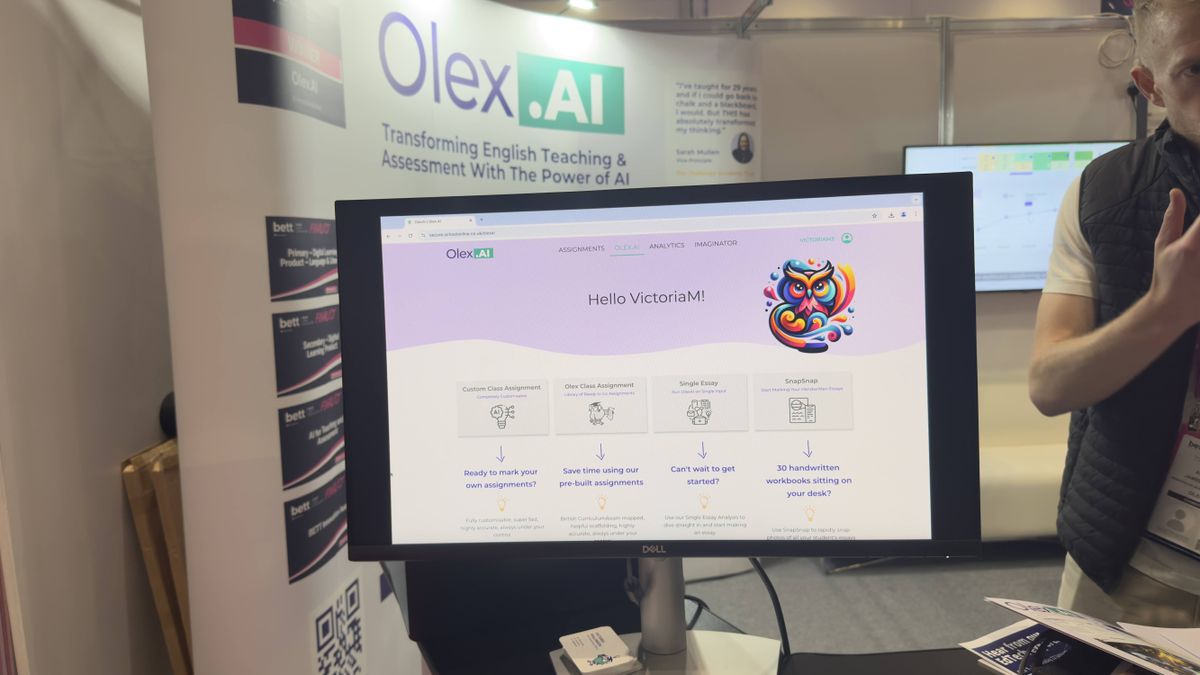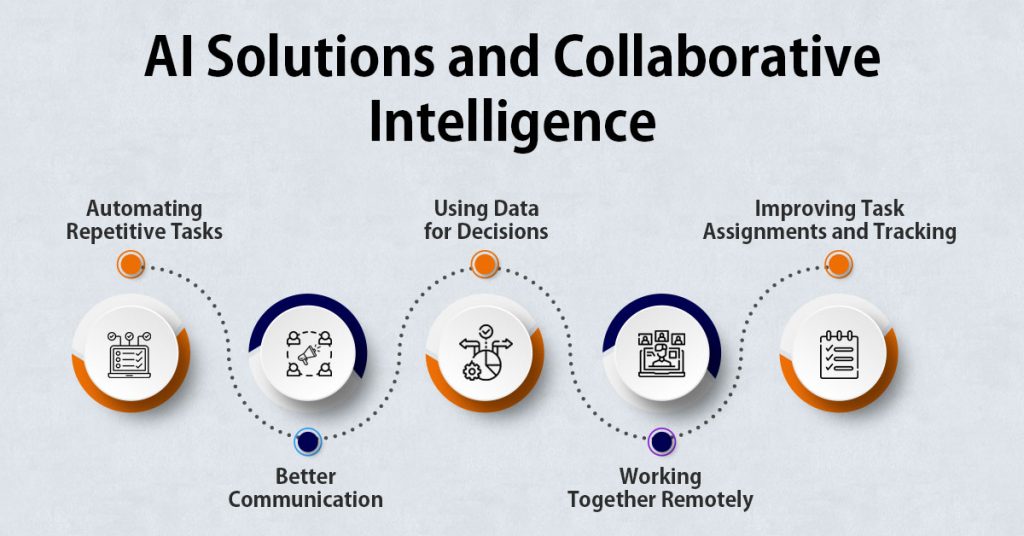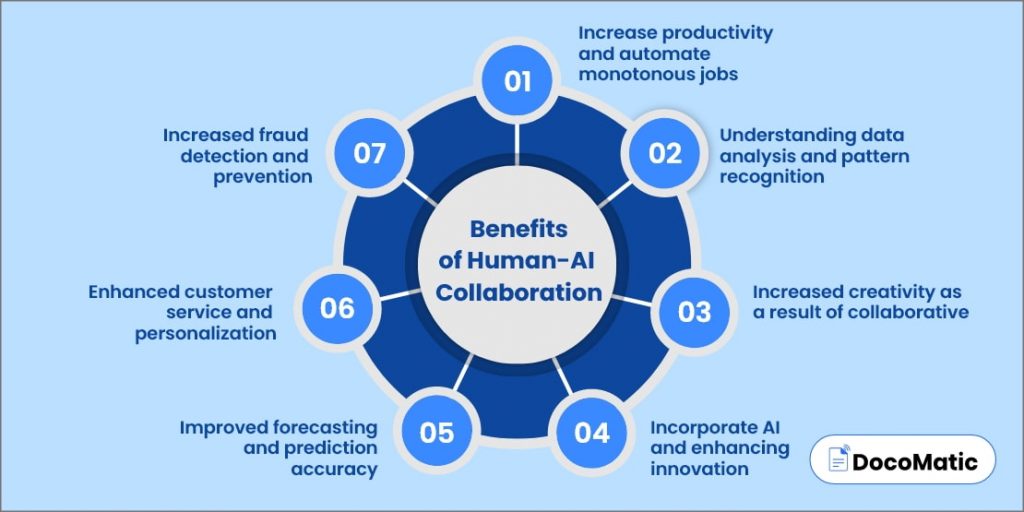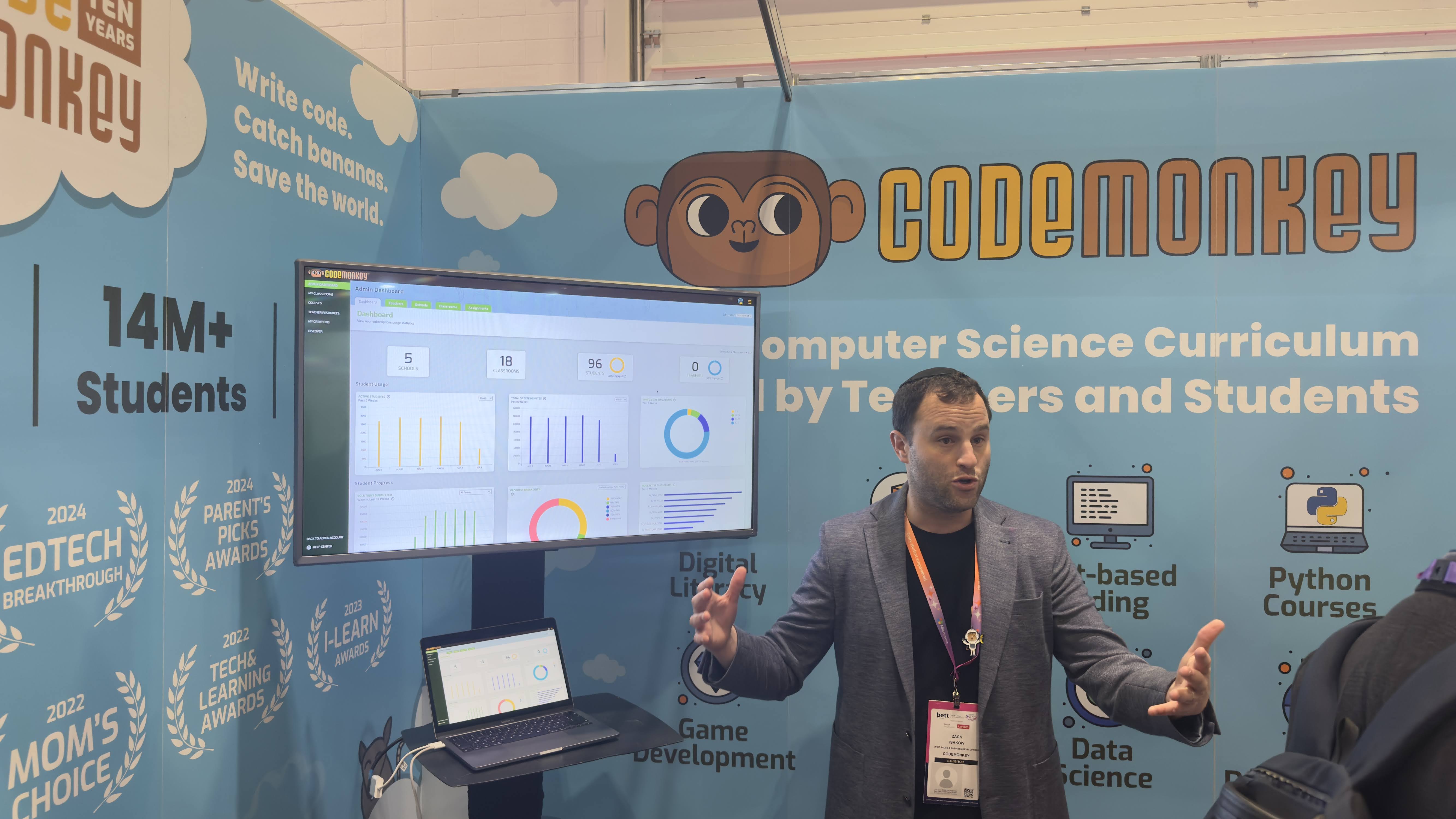Collaboration With Ai For Bett Uf
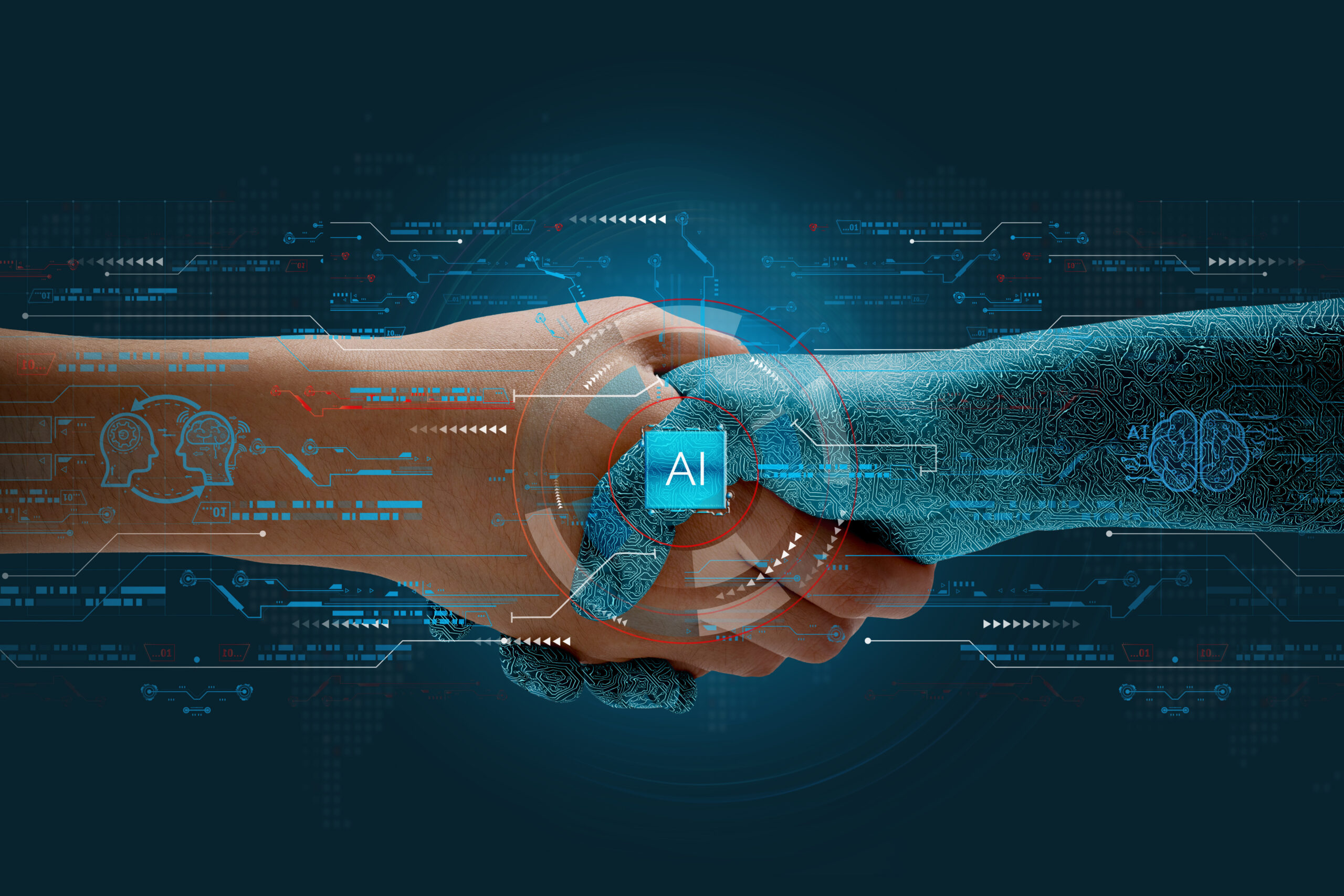
The BETT UK education technology show, a prominent annual event, is increasingly showcasing the integration of artificial intelligence (AI) into various aspects of teaching and learning. This year's event highlighted collaborations between educators, technology developers, and AI systems, presenting a mixed bag of opportunities and challenges for the future of education.
The 2024 BETT UK took place from January 24-26 at the ExCeL London, bringing together over 600 exhibitors and tens of thousands of attendees from the global education community. This annual event, considered the largest education technology show in the world, acted as a crucial platform for exploring the evolving role of AI in shaping educational practices.
AI Takes Center Stage
The overarching theme observed this year was a significant increase in AI-powered tools designed to personalize learning experiences. These AI tools are aimed at offering personalized learning paths based on individual student needs.
The advancements promise to provide teachers with valuable insights into student progress and learning styles.
Several keynote speeches and workshops explored the potential of AI to automate administrative tasks and free up educators' time for more student-centered activities.
Personalized Learning Experiences
One major trend at BETT UK was the presence of AI platforms offering personalized learning recommendations. Century Tech, for example, demonstrated its AI-powered learning platform that adjusts the difficulty of content based on a student's performance in real time.
This adaptive learning approach aims to cater to individual learning speeds and ensure students are challenged appropriately.
Third Space Learning showcased their AI tutoring system, which offers individualized support to students struggling with specific math concepts.
Automated Administrative Tasks
AI is also being implemented to streamline administrative duties, freeing up teachers to focus on instruction and student engagement. Microsoft demonstrated its AI-powered tools for grading assignments and generating reports, significantly reducing the time spent on paperwork.
These tools, part of the Microsoft Education suite, utilize machine learning algorithms to assess student work and provide detailed feedback.
Similarly, Google for Education presented AI features for managing classroom activities and providing automated support to students.
Ethical Considerations and Challenges
Despite the excitement surrounding AI, concerns about ethical implications and potential drawbacks were also prevalent. Discussions focused on data privacy, algorithmic bias, and the potential for AI to perpetuate existing inequalities.
Dr. Rose Luckin, Professor of Learner Centred Design at UCL Knowledge Lab, emphasized the importance of ensuring that AI tools are used ethically and responsibly, with a focus on equity and inclusivity. She highlighted the need for careful consideration of data privacy and the potential for bias in AI algorithms, ensuring that AI tools are used to complement, not replace, human interaction and judgment.
Another key concern was the need for adequate teacher training to effectively integrate AI tools into the classroom.
The Human Element
The sentiment was that while AI can be a powerful tool, it should not replace the crucial role of teachers in providing guidance, mentorship, and social-emotional support. Several speakers emphasized the importance of maintaining a human-centered approach to education, even with the integration of AI.
One heartwarming example was the story of a teacher from a rural school in Scotland, who shared how AI-powered accessibility tools had transformed the learning experience for her students with disabilities. These tools allowed students to participate more fully in class and achieve their academic goals.
This narrative highlighted the potential of AI to empower students and create a more inclusive learning environment when used thoughtfully and ethically.
Looking Ahead
The increasing collaboration with AI showcased at BETT UK signals a significant shift in the education landscape. As AI technology continues to evolve, its impact on teaching and learning will only grow.
Moving forward, it is crucial to prioritize ethical considerations, invest in teacher training, and maintain a human-centered approach to education. By carefully addressing these challenges, educators can harness the power of AI to create more personalized, equitable, and effective learning experiences for all students.
The event served as a crucial reminder that technology should be used to enhance, not replace, the human connection at the heart of education.








